Many women are living in abusive relationships and suffering like hell. What’s the point? Why can’t they quit toxic relationships?
Research answers the question: “Why can’t she just leave?”
When NFL linebacker Ray Rice knocked his fiancée Janay Palmer unconscious in an elevator, it didn’t initially get much attention. He was accused of domestic violence and suspended for two games. After a few weeks, he was formally charged, but he and Palmer were married the next day.
However, when a security video of the event surfaced, it quickly went viral. Watching Palmer be knocked out and roughly dragged out of the elevator by Rice had a powerful effect on viewers. The waves of outrage that followed caused the NFL to scramble to increase their punishment of Ray Rice and conduct an internal review of their domestic violence policies.
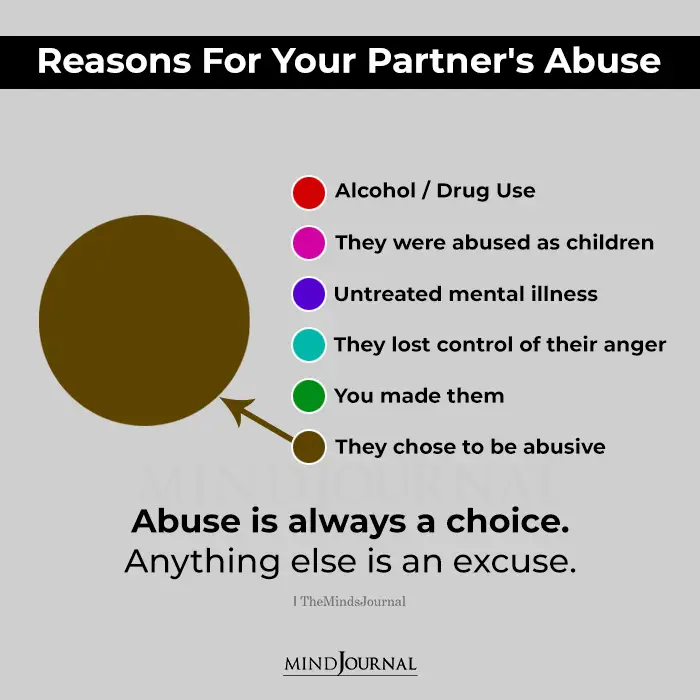
Things took an interesting turn when Janay Palmer spoke out in defense of her husband. She apologized at a press conference, saying: “I deeply regret the role I played that night,” and later asked people to stop their judgments and accusations. “Just know we will continue to grow and show the world what real love is,” she posted on Instagram, asking others to not take anything from the man she loves.
This provoked a new public response. Incredulous observers could not understand how Palmer could be standing by her man. The attacks now turned toward her, with commenters questioning her sanity, innocence, and motives. Why would someone stay with—let alone defend—a man who had knocked her unconscious? What was Palmer experiencing that she would defend him?
These accusations and questions prompted a pushback. Victims and women’s advocates spoke out in defense of Palmer and described the complicated dilemmas women in violent relationships face. Beverly Gooden, a human resources manager in North Carolina, started a hashtag on Twitter, #WhyIStayed, where she shared her reasons for remaining in a violent marriage.
“I tried to leave the house once after an abusive episode, and he blocked me,” Gooden said, later adding: “I thought that love would conquer all.” Her hashtag became a rallying point, with hundreds of victims posting their stories of the factors that kept them in abusive relationships.
As domestic violence researchers, we were curious about how these posts could help professionals and public observers better understand the unique challenges victims of domestic violence face. With colleagues Jaclyn Cravens and Rola Aamar, I examined these voices to see what could be learned. We collected hundreds of posts from women all over the world and read, coded, and sorted them.
Through this analysis, we identified eight main reasons women stay in abusive relationships.
1. Distorted Thoughts.
Being controlled and hurt is traumatizing and this leads to confusion, doubts, and self-blame. Perpetrators harass and accuse victims, which wears them down and causes despair and guilt. For example, women shared: “I believed I deserved it,” and, “I was ashamed, embarrassed, and blamed myself because I thought I triggered him.”
Others minimized the abuse as a way to cope with it, saying: “[I stayed] because I didn’t think that emotional and financial abuse was really abuse. Because words don’t leave bruises,’’ and, “Because I didn’t know what my boyfriend did to me was rape.”
2. Damaged Self-Worth.
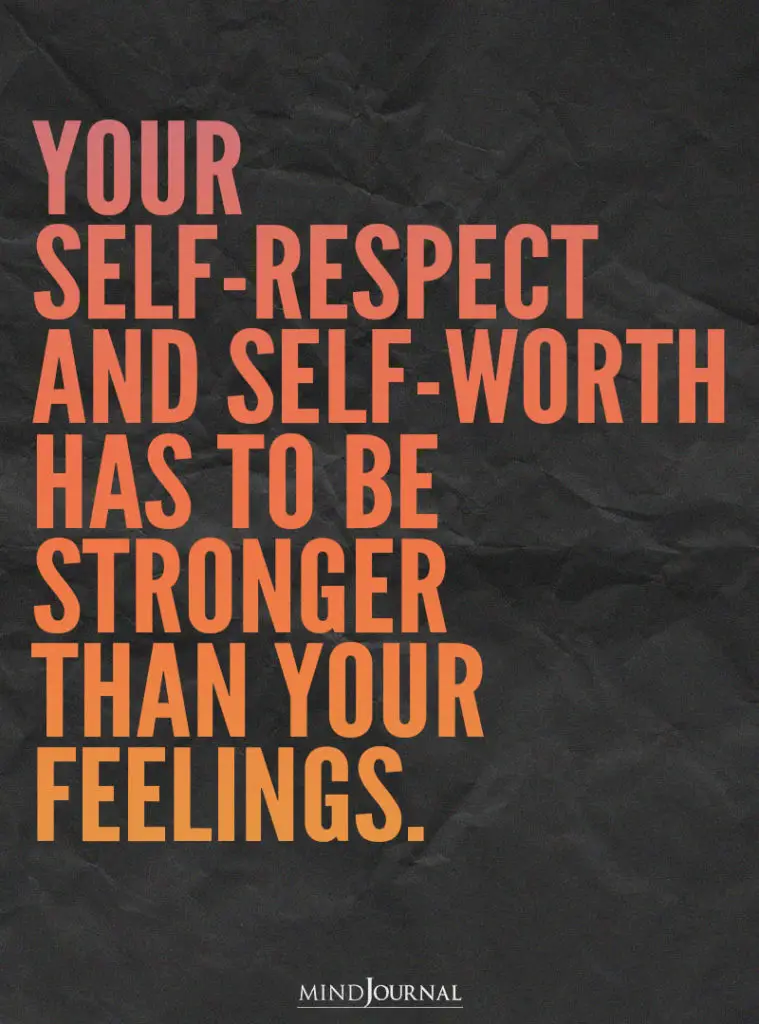
Some of the unfortunate distortions are the damage to the self that results from degrading treatment. Many women felt beaten down and of no value, saying: “He made me believe I was worthless and alone,” and, “I felt I had done something wrong and I deserved it.”
Also read Why It’s So Hard To Identify Maternal Sexual Abuse
3. Fear.
The threat of bodily and emotional harm is powerful, and abusers use this to control and keep women trapped; female victims of violence are much more likely than male victims to be terrorized and traumatized.
One said: “I was afraid of him… I knew he’d make leaving an ugly drawn-out nightmare.” Attempting to leave an abuser is dangerous. One woman felt trapped because of her husband’s “threats of hunting me down and harming all my loved ones including our kids while I watched and then killing me.”
4. Wanting to be a Savior.
Many described a desire to help, or love their partners with the hopes that they could change them: “I believed I could love the abuse out of him.” Others described internal values or commitments to the marriage or partner, with tweets like: “I thought I would be the strong one who would never leave him and show him loyalty. I would fix him and teach him love.”
Others had pity and put their partner’s needs above their own: “His father died, he became an alcoholic, and [he] said that God wouldn’t want me to leave him because he needed me to make him better.”
5. Children.
These women also put their children first, sacrificing their own safety: “I was afraid if he wasn’t beating me he would beat his kids. And I valued their lives more than my own.” And, “I stayed for 20 years while I protected our children all while I was being abused.”
Others mentioned staying to benefit the children: “I wanted my son to have a father.”
6. Family Expectations and Experiences.
Many posted descriptions of how past experiences with violence distorted their sense of self or of healthy relationships: “I watched [my dad] beat my mom. Then I found someone just like dad,” or, “Because raised by animals, you partner with wolves.”
Some mentioned family and religious pressures: “My mother told me God would disown me if I broke my marriage.”
Also read Why You MUST Cut Ties With A Toxic Family Member
7. Financial Constraints.
Many referred to financial limitations, and these were often connected to caring for children: “I had no family, two young children, no money, and guilt because he had brain damage from a car accident.”
Others were unable to keep jobs because of the abuser’s control or their injuries, and others were used financially by their abuser: “[My] ex racked up thousands of debt in my name.”
8. Isolation.
A common tactic of manipulative partners is to separate their victim from family and friends. Sometimes this is physical, as one woman experienced: “I was literally trapped in the backwoods of WV.” Other times, isolation is emotional, as one woman was told: “You can either have friends and family or you can have me.”
Although these eight reasons for staying are common, they do not describe every victim and situation. Women can also be perpetrators, any gender can be a victim, and there are many patterns of violence.
Yet, these posts provide compelling insider’s views of the difficulties of making decisions in a violent relationship, and this is helpful for outsiders to understand. One reason many victims hesitate to speak up is that they are afraid of being judged and pressured by friends and professionals. If more people responded to victims’ stories of abuse with concern and compassion instead of criticism, more victims might speak up and find the support they need to live a life free of abuse.
Originally posted on the Institute for Family Studies
References Cravens, J. D., Whiting, J. B., & *Aamar, R. (2015). Why I stayed/left: An analysis of voices of intimate partner violence on social media. Contemporary Family Therapy, 37(4). 372-385. DOI 10.1007/s10591-015-9360-8.
Written by: Jason Whiting, Ph.D
Originally appeared on: Psychology Today
Republished with permission
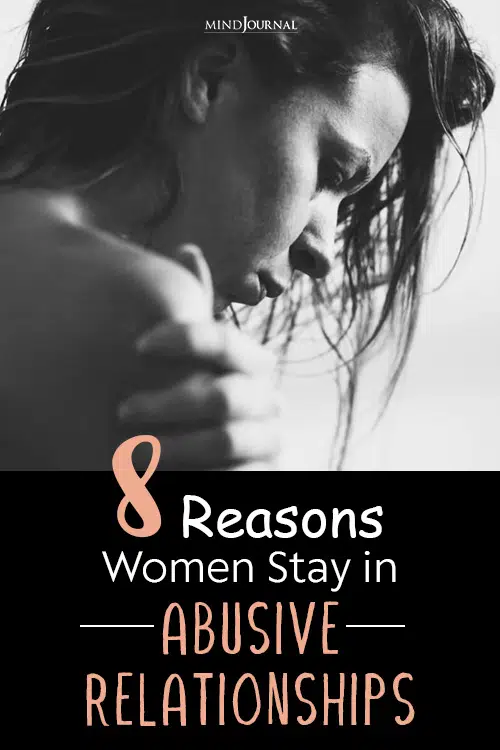
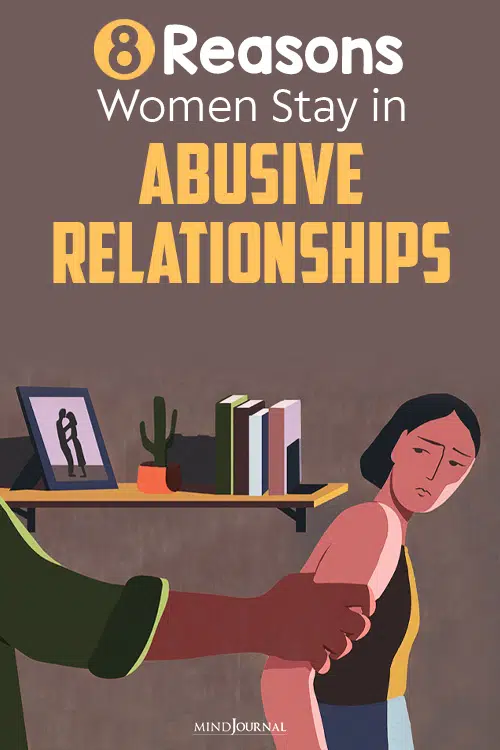
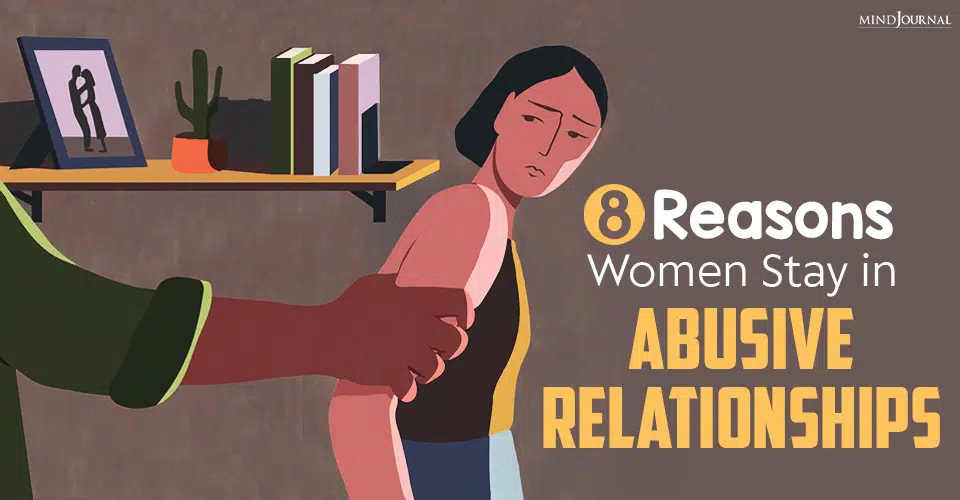







Leave a Reply
You must be logged in to post a comment.